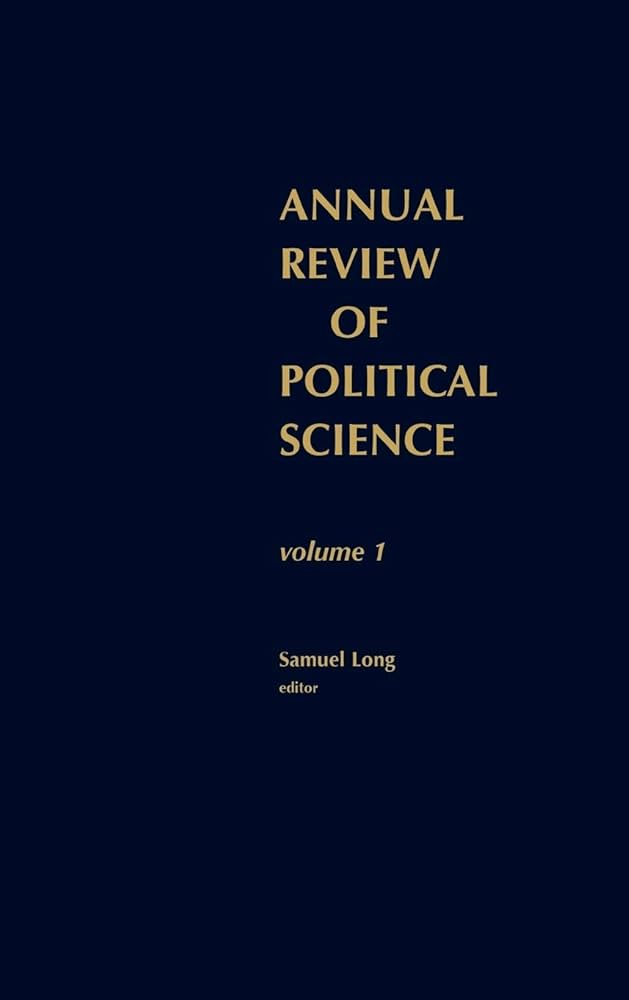用学习代理检验因果理论
IF 9.5
1区 社会学
Q1 POLITICAL SCIENCE
引用次数: 11
摘要
社会科学家通常使用计算模型来估计未观察到的概念的代理,然后将这些代理合并到他们理论的后续测试中。这种做法的后果,发生在最近超过三分之二的政治学计算工作中,被低估了。不完美的代理可以反映噪声和其他概念的污染,产生有偏差的点估计和标准误差。我们演示了分析师如何使用因果图来阐明理论概念及其与估计代理的关系,然后应用简单的规则来评估哪些结论是严格支持的。我们将“为偏差签名”(一种对未观察到的混淆进行推理的技术)的常见启发式形式化并扩展到具有不完美代理的场景。使用这些工具,我们展示了在经常遇到的研究设置中,基于代理的分析如何允许对理论化效应的存在和方向进行有效的测试。最后,我们为快速增长的文献提供了最佳实践建议,这些文献使用学习代理来测试因果理论。预计《政治学年度评论》第25卷的最终在线出版日期为2022年5月。修订后的估计数请参阅http://www.annualreviews.org/page/journal/pubdates。本文章由计算机程序翻译,如有差异,请以英文原文为准。
Testing Causal Theories with Learned Proxies
Social scientists commonly use computational models to estimate proxies of unobserved concepts, then incorporate these proxies into subsequent tests of their theories. The consequences of this practice, which occurs in over two-thirds of recent computational work in political science, are underappreciated. Imperfect proxies can reflect noise and contamination from other concepts, producing biased point estimates and standard errors. We demonstrate how analysts can use causal diagrams to articulate theoretical concepts and their relationships to estimated proxies, then apply straightforward rules to assess which conclusions are rigorously supportable. We formalize and extend common heuristics for “signing the bias”—a technique for reasoning about unobserved confounding—to scenarios with imperfect proxies. Using these tools, we demonstrate how, in often-encountered research settings, proxy-based analyses allow for valid tests for the existence and direction of theorized effects. We conclude with best-practice recommendations for the rapidly growing literature using learned proxies to test causal theories. Expected final online publication date for the Annual Review of Political Science, Volume 25 is May 2022. Please see http://www.annualreviews.org/page/journal/pubdates for revised estimates.
求助全文
通过发布文献求助,成功后即可免费获取论文全文。
去求助
来源期刊

Annual Review of Political Science
POLITICAL SCIENCE-
CiteScore
15.20
自引率
4.60%
发文量
23
期刊介绍:
The Annual Review of Political Science has been published since 1998 to provide comprehensive coverage of critical advancements in the field. It encompasses a wide range of subjects within Political Science, such as political theory and philosophy, international relations, political economy, political behavior, American and comparative politics, public administration and policy, and methodology.
 求助内容:
求助内容: 应助结果提醒方式:
应助结果提醒方式:


